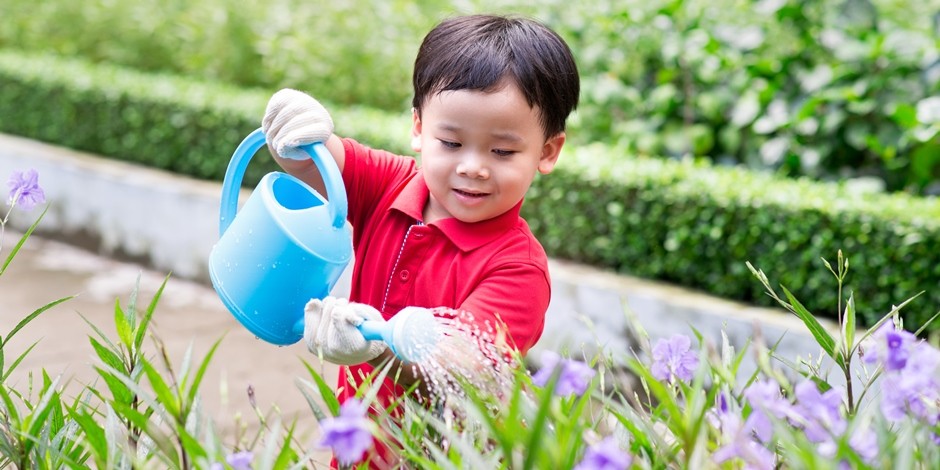Annie Spiegelman, master gardener, passionate environmentalist and author, whose books include Talking Dirt (Perigee Trade, 2010), shares her advice for the gardener who, well, isn’t actually a gardener but really wants to try.
It’s OK to Buy Plant Starts
Gardeners, especially novice gardeners, shouldn’t feel bad about buying plant starts instead of sowing their own seeds. We’re not all Martha Stewart, ya know. For the rest of us, I say support your local nursery and buy plant starts. Your edible crops or flowers will grow quicker and make you feel like a winner, so you won’t give up on gardening. (Mother Nature needs us all off the computer and outside in our yard.)
Sowing seeds directly in the ground or using seed pots takes perfect weather, good organic potting mix in containers or healthy ground soil amended with compost, steady watering, and loads of patience. If you have an iota of patience and you’re up for the challenge, you can’t beat the price tag of growing by seed—pennies for a head of lettuce. My summertime recommendations for the easiest crops to grow directly into the ground are lettuce, squash or herbs in an area that receives at least four to six hours of sunlight. For easy flowers to grow by seed, try Mexican Sunflower, Nigella, Bachelor Buttons or Calendula. My favorite place to buy seeds? I always support seed companies that have non-GMO, heirloom and organic seeds. These three companies have gorgeous varieties:
• www.rareseeds.com
• www.reneesgarden.com
• www.groworganic.com
It’s OK to Buy Compost

It’s OK to start small
A few years ago, I pulled out my large, cranky front lawn and replaced it with native and drought-tolerant plants, and I have never looked back. But, boy, was it hard work. My advice: Start small and have patience. Take small sections of your yard or lawn and focus on that area only. Instead of digging areas out, learn how to sheet mulch. This way you’re slowly killing the old lawn or weeds and bringing in new soil organisms in the piles of compost and mulch you’ll be adding. You’ll then be able to plant that area of your yard in three to six months with new plants. No patience for that? Try this: Pick a small sunny area, and put in a raised bed for growing edibles. I’ve seen some gorgeous raised beds that snap together with no tools or digging. You just place the four sides on your grass or ground, fill it with two parts fresh soil and two parts compost, and you’re ready to plant.
Republished with permission from naturalvitalityliving.com


